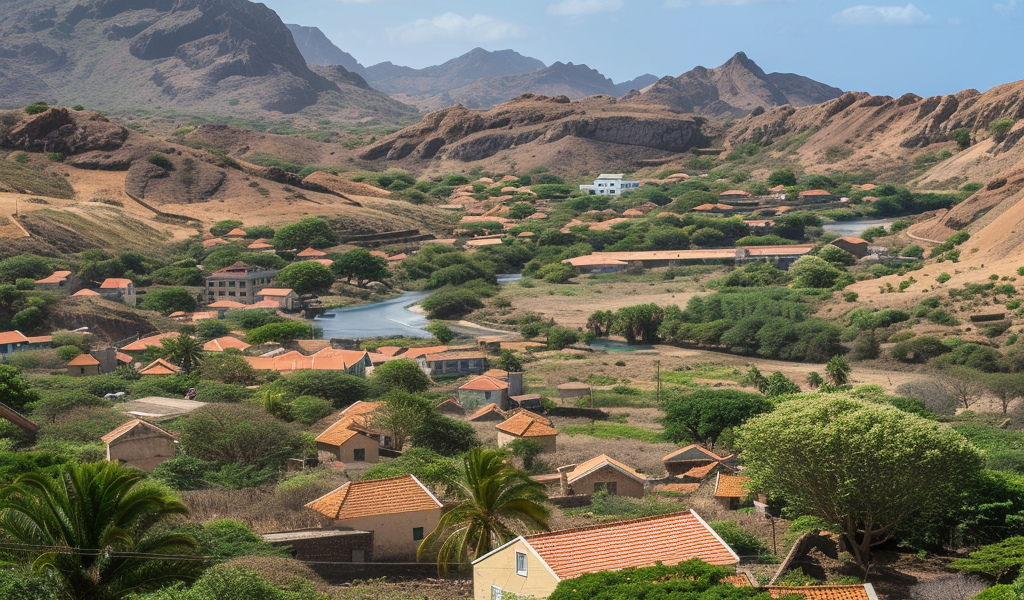Cape Verde, an archipelago off the coast of Senegal, has achieved a significant milestone in the fight against malaria. The World Health Organization has declared Cape Verde as malaria-free, making it the third African country to achieve this status, following Mauritius in 1973 and Algeria in 2019. This accomplishment brings the total number of malaria-free countries worldwide to 43.
The journey to eliminating malaria in Cape Verde has been a long and challenging one. The disease, which had been endemic in the country since its settlement in the 15th century, affected all 10 islands of the archipelago. In the 1940s, severe epidemics resulted in over 10,000 cases and 200 deaths annually, posing a serious health threat to the population.
Targeted interventions were implemented to combat the spread of malaria, with indoor residual spraying with DDT being carried out on each island until transmission was successfully halted nationwide in 1967. Additionally, larviciding and active case detection were employed to control mosquito populations and identify and treat malaria cases.
Despite initial progress, Cape Verde faced setbacks in its efforts to eliminate malaria. The discontinuation of indoor residual spraying in 1969 led to a resurgence of local transmission on Santiago island in 1973, followed by a large epidemic in 1977.
However, the country persisted in its fight against the disease, implementing strategic measures to regain control. Ultimately, Cape Verde’s dedication and resilience paid off, leading to the recent certification of the country as malaria-free by the World Health Organization.
This achievement is a testament to the effectiveness of sustained efforts in malaria prevention and control. It serves as a beacon of hope for other regions grappling with the burden of malaria, demonstrating that with the right strategies and unwavering commitment, the goal of malaria elimination is attainable.





